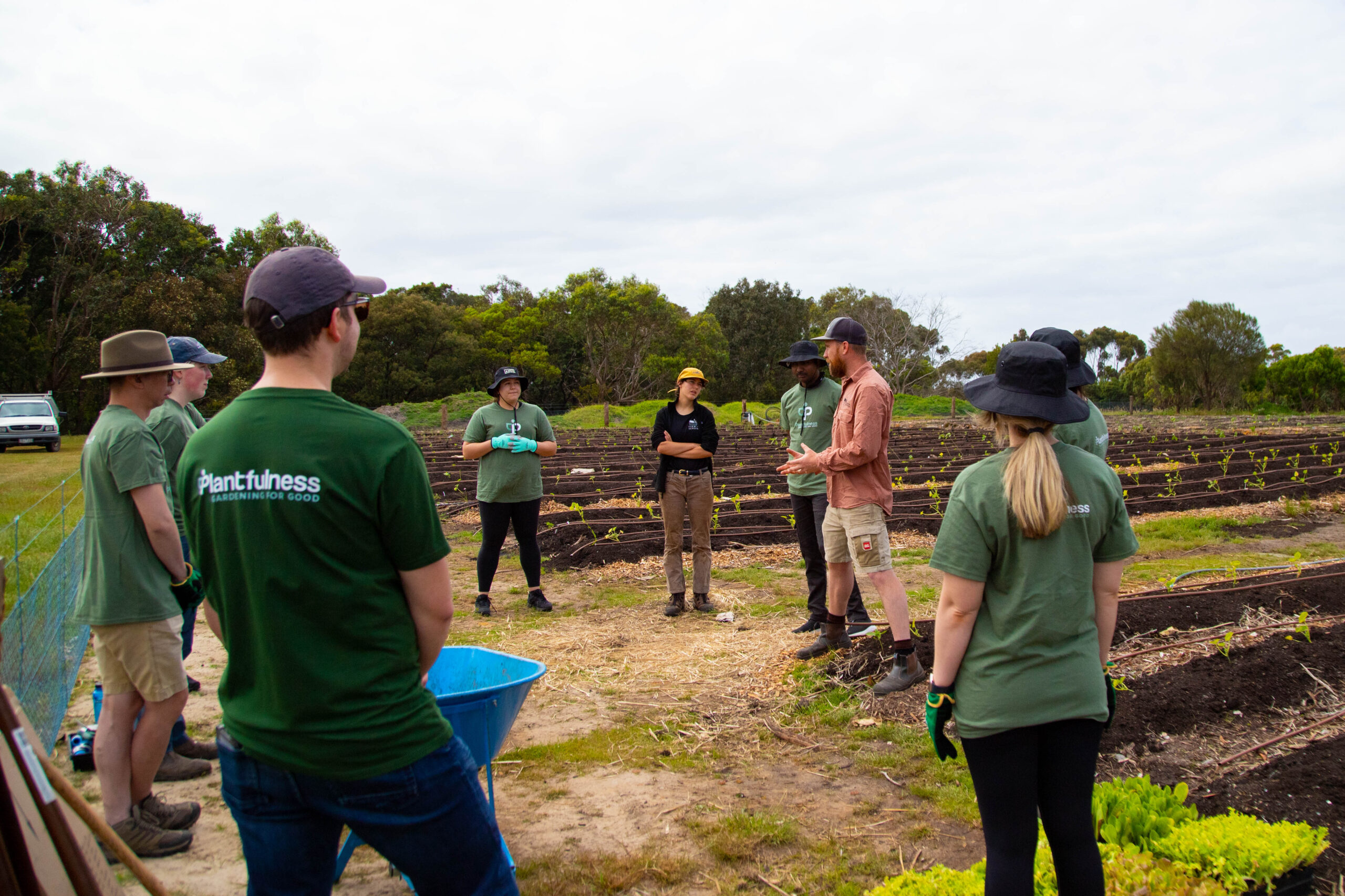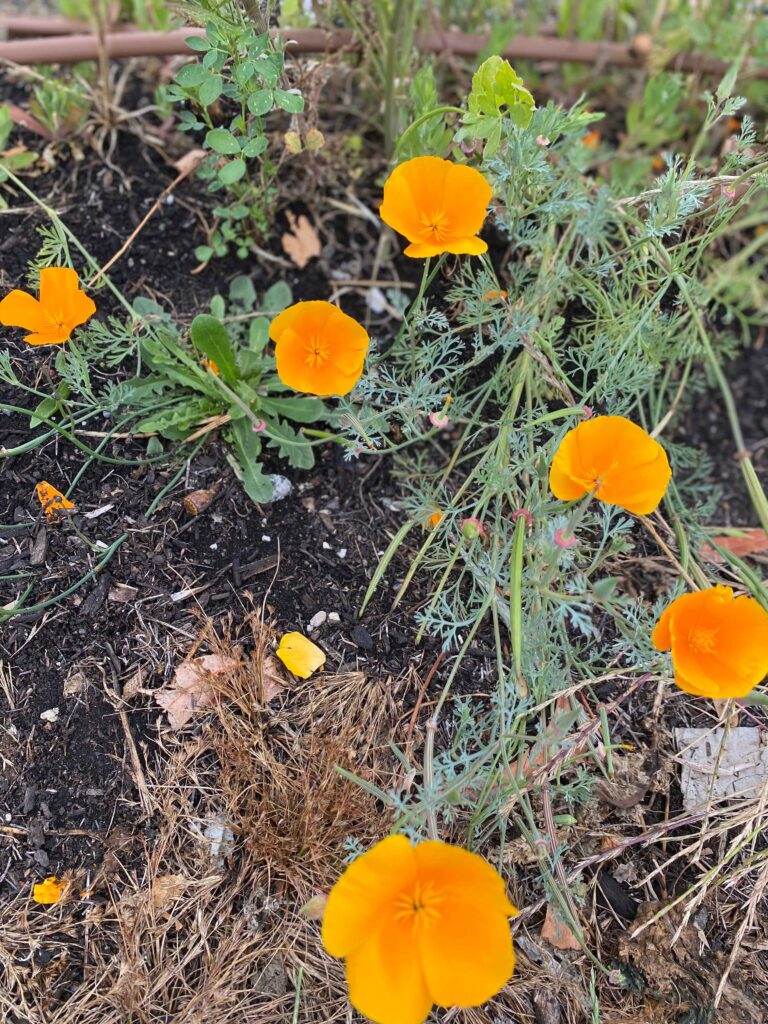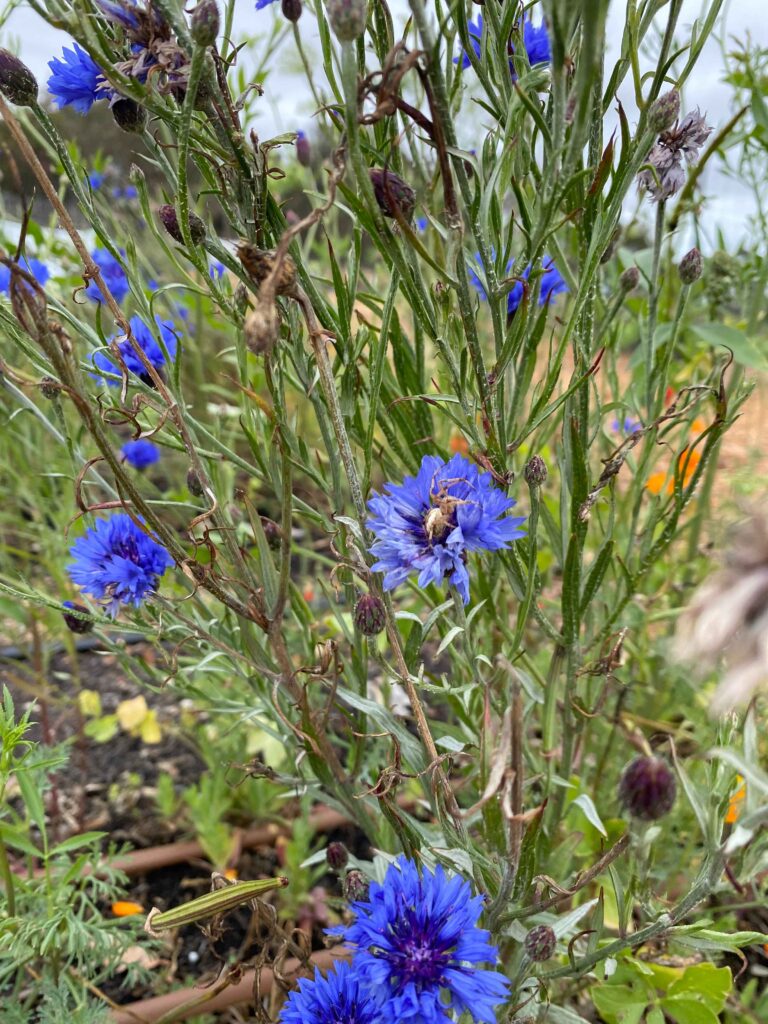
Making Friendships in your Garden
Have you ever heard of companion planting? It’s like nature’s way of arranging a garden party where certain plants help each other grow better. Let’s dive into this fascinating gardening technique and how it can make your garden thrive.
What is Companion Planting?
Companion planting is all about pairing up different plants in your garden that benefit each other in some way. It’s like being best friends with your plants – they support each other and make each other stronger.
How Does it Work?
Plants can help each other in many ways. Some plants repel pests that might bother their companions, while others attract helpful insects like ladybugs that eat the bad bugs. Some plants even add nutrients to the soil that their neighbors love.
For example, think about planting marigolds next to your tomatoes. Marigolds have a smell that pests don’t like, so they can help keep pesky insects away from your tomatoes. Plus, they add a pop of color to your garden!
Examples of Companion Planting:
- Tomatoes and Basil: Planting basil near tomatoes can improve the flavor of your tomatoes and deter pests like aphids and tomato hornworms.
- Carrots and Onions: Carrots and onions are a dynamic duo. Onions help repel carrot flies, while carrots can help keep onion flies away. They make great neighbors!
- Corn, Beans, and Squash: This trio, known as the “Three Sisters,” has been used for centuries by Native American tribes. Corn provides a sturdy support for beans to climb, while beans add nitrogen to the soil, benefiting the corn and squash. Squash, with its broad leaves, shades the soil and helps retain moisture. If you’ve ever heard of the infamous 3 sisters burrito, this is where it originates from!
Benefits of Companion Planting:
- Natural Pest Control: By planting certain combinations of plants together, you can reduce the need for harmful pesticides and chemicals in your garden. The two images below are taken at Farm my School on the Bellarine Peninsula, where they are using companion planting as natural pest control and attracting bees at the same time!
- Improved Soil Health: Some plants, like legumes, can fix nitrogen in the soil, enriching it and benefiting neighboring plants.
- Maximized Space: Companion planting allows you to make the most of your garden space by planting compatible crops together, increasing your harvest yield.


Companion planting is like creating a harmonious garden ecosystem where plants work together for the greater good. It’s an easy and natural way to promote healthy growth, deter pests, and increase your garden’s productivity. So, why not give it a try in your own garden? Experiment with different plant combinations and watch your garden flourish with the power of companionship – who knows where you’ll create a lifelong friendship!
